The benefits of B12 and what to do if you're not getting enough
There are many benefits of B12. Here’s why you need to be including this vitamin in your diet
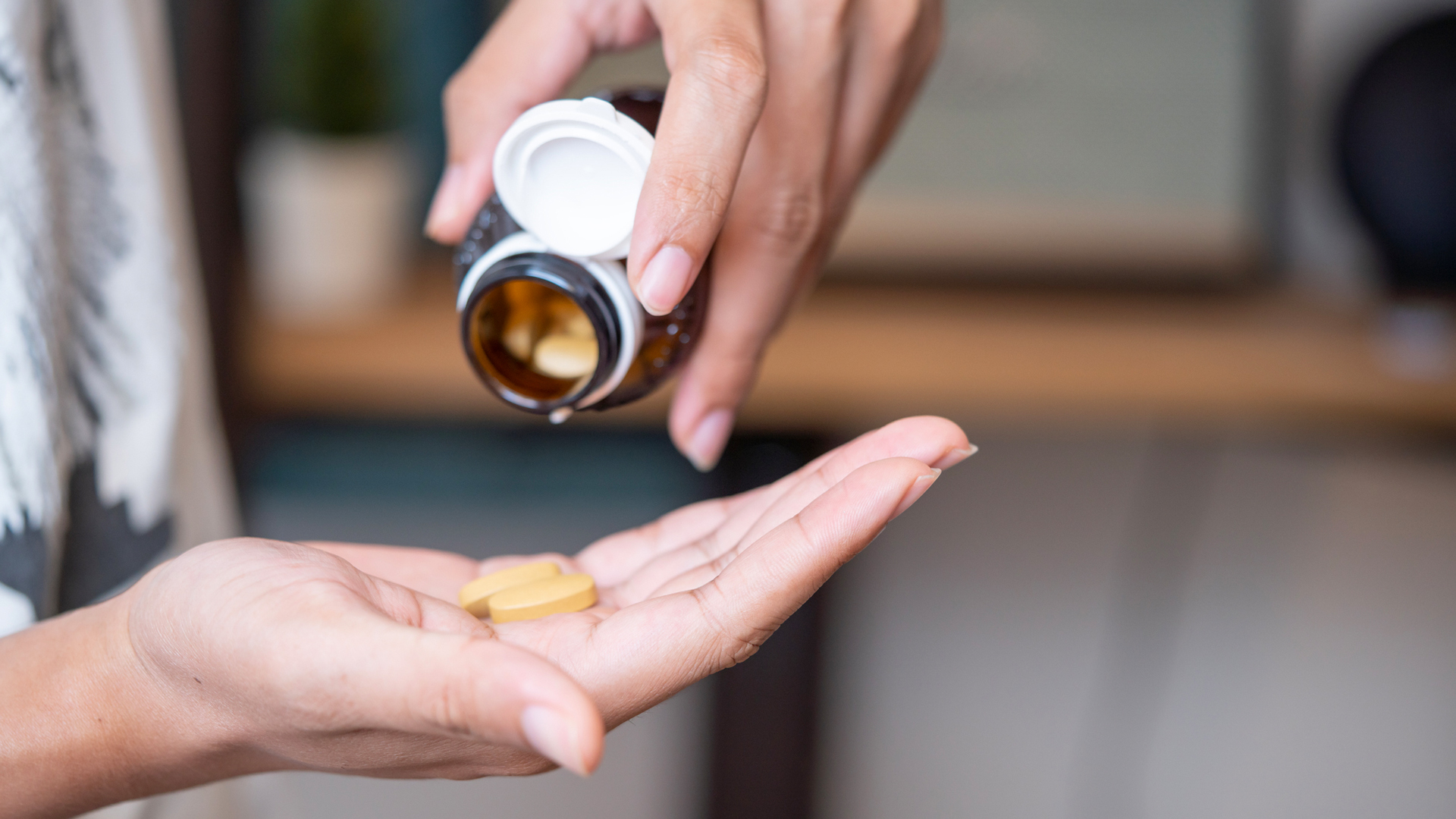
Ask most people what they know about the health benefits of B12 and the chances are you won’t get a single straight answer. While there is an awareness that getting enough B vitamins is essential for keeping physical health, mental wellbeing and energy levels in peak condition.
With eight micronutrients belonging to the B vitamin family you may be confused as to what exactly each one does for the body. With the right food choices and the help of the best B12 supplements, you can reap the benefits of this vital nutrient.
Vitamin B12, also known as cobalamin, is one of the most common vitamin deficiencies. Since cobalamin is mostly found in animal-based foods, it is also one of the seven essential nutrients vegans often lack. When B12 is continuously missing from our diet, the consequences to our health can be dire. But it doesn’t have to come to that.
Read on to discover the benefits of B12 and what to do if you’re not getting enough of it.
What are the benefits of B12?
Nervous system and mental health
Vitamin B12 plays a big role in the healthy functioning of our central nervous system; the brain and spinal cord. It ensures a smooth transmission of electrical signals across the body and protects the nerves by creating and regenerating their myelin sheaths – in simple terms, these are the sleeves of fatty tissue that insulate them.
Cobalamin is also involved in the creation of neurotransmitters and hormones that control how our brain functions, as well as our mood. Because of this, B12 deficiency can cause many different neurological symptoms.
“These may include pins and needles, muscle weakness, difficulty in thinking, memory problems, visual disturbance and difficulty in coordinating movements,” says Dr Vishal Shah, a GP and the chief medical officer at Thriva. Scientists from the Lancet journal have also suggested that long-term B12 deficiency may increase the risk of developing Alzheimer's disease and vascular dementia, particularly among elderly people.
Get the Fit&Well Newsletter
Start your week with achievable workout ideas, health tips and wellbeing advice in your inbox.
Some benefits of B12 may relate to mental health, with evidence suggesting there’s a relationship between B12 intake and mood disorders. For example, it’s been suggested in the journal Cureus that supplementation with this micronutrient can delay the onset of depression and improve the effects of antidepressants.
Red blood cells
Vitamin B12 is involved in the formation of red blood cells, which are essential to supplying every organ in your body with oxygen. If you’re deficient in B12 for a prolonged period of time, or you have a condition that limits its absorption in the gut, you may develop megaloblastic anemia. Some of the most common symptoms of this condition include decreased appetite, gastrointestinal issues, fatigue, irritability and excessively pale skin.
Formation of essential tissues
Cobalamin is involved in the formation of hundreds of types of cells and tissues in the human body, including DNA, proteins and lipids. Since vitamin B12 helps with preserving the integrity of DNA strands, many scientists have been suggesting its protective effect against certain cancers.
Obesity and metabolic syndrome
Metabolic syndrome (MS) is the medical term used to describe a cluster of health conditions, such as insulin resistance, type 2 diabetes, obesity and hypertension. Metabolic syndrome is on the rise worldwide, putting a severe strain on health services and affecting the quality of life for those who suffer from it.
Although there are medications available that target the individual components of MS, not a single therapeutic approach seems to be effective for all of them at once. However, multiple studies have shown that supplementation with B vitamins, specifically folic acid and vitamin B12, may have a considerable positive impact on the onset and progression of MS.
Pain management
B12 could be effective at pain management, particularly if combined with pain medications, such as nonsteroidal anti-inflammatory drugs. Many animal studies, like one from the journal Pain Physician, have suggested that supplementation with cobalamin can inhibit certain enzymes and neural pathways that are involved in pain signaling.
How can you tell if you’re deficient in B12?
According to Kim Plaza, a nutritional therapist at Bio-Kult, “between 2.5%-26% of the population are said to be impacted by B12 deficiency”.
“It can affect people of all ages, but tends to affect the elderly in particular,” adds Plaza. “Other groups of people that may be at a higher risk of deficiency include infants, children, adolescents and women of reproductive age. However, overall a deficiency is more likely to occur in populations where dietary intake is reduced.”
For example, a report from the European Journal of Clinical Nutrition highlighted that vegans and vegetarians are at particular risk of not getting enough of this nutrient since cobalamin is found predominantly in animal-based foods.

“If you’re deficient in B12 you will feel fatigued, have a poor appetite and may experience low mood and depression. Your nervous system will also suffer: you may feel numbness or tingling in your hands or feet,” says Dr Joshua Berkowitz, a medical doctor and the founder of IV Boost clinic.
Nevertheless, the symptoms could get more pronounced and specific once you start developing anemia. “These signs could include feeling tired, breathlessness, headaches and palpitations,” says Shah. “A sore red tongue is present in 25% of cases. In some cases a patient may have a yellowish tint to their skin and eyes caused by the breakdown of abnormal blood cells,” he says.
If you’re experiencing these symptoms, it’s vital to consult a medical professional.
“It is important for these deficiencies to be diagnosed and treated as soon as possible. Although many of the symptoms improve with treatment, some problems caused by the condition can be irreversible if left untreated,” says Dr Angela Rai, a GP from The London General Practice.
Where can you get B12?
Vitamin B12 foods to include in your diet will have to be mostly from animal origin, such as fish, meat, eggs and dairy products.
“That’s because vitamin B12 is made by microorganisms and is therefore not found in plant foods, unless they have been in contact with soil or other foods containing cobalamin,” says Plaza. The food sources with the highest B12 content include lamb, beef or veal liver, clams, sardines, and beef meat.
Many food items – such as breakfast cereals, sports drinks and plant-based dairy or meat alternatives – are fortified with this nutrient. Vitamin B12 is also available in multivitamin supplements, in supplements containing other B-complex vitamins, and in supplements containing only vitamin B12.

Anna Gora is a Health Writer for Future Plc, working across Coach, Fit&Well, LiveScience, T3, TechRadar and Tom's Guide. She is a certified personal trainer, nutritionist and health coach with nearly 10 years of professional experience. Anna holds a BSc degree in Nutrition from the Warsaw University of Life Sciences, a Master’s degree in Nutrition, Physical Activity & Public Health from the University of Bristol, as well as various health coaching certificates. She is passionate about empowering people to live a healthy lifestyle and promoting the benefits of a plant-based diet.
-
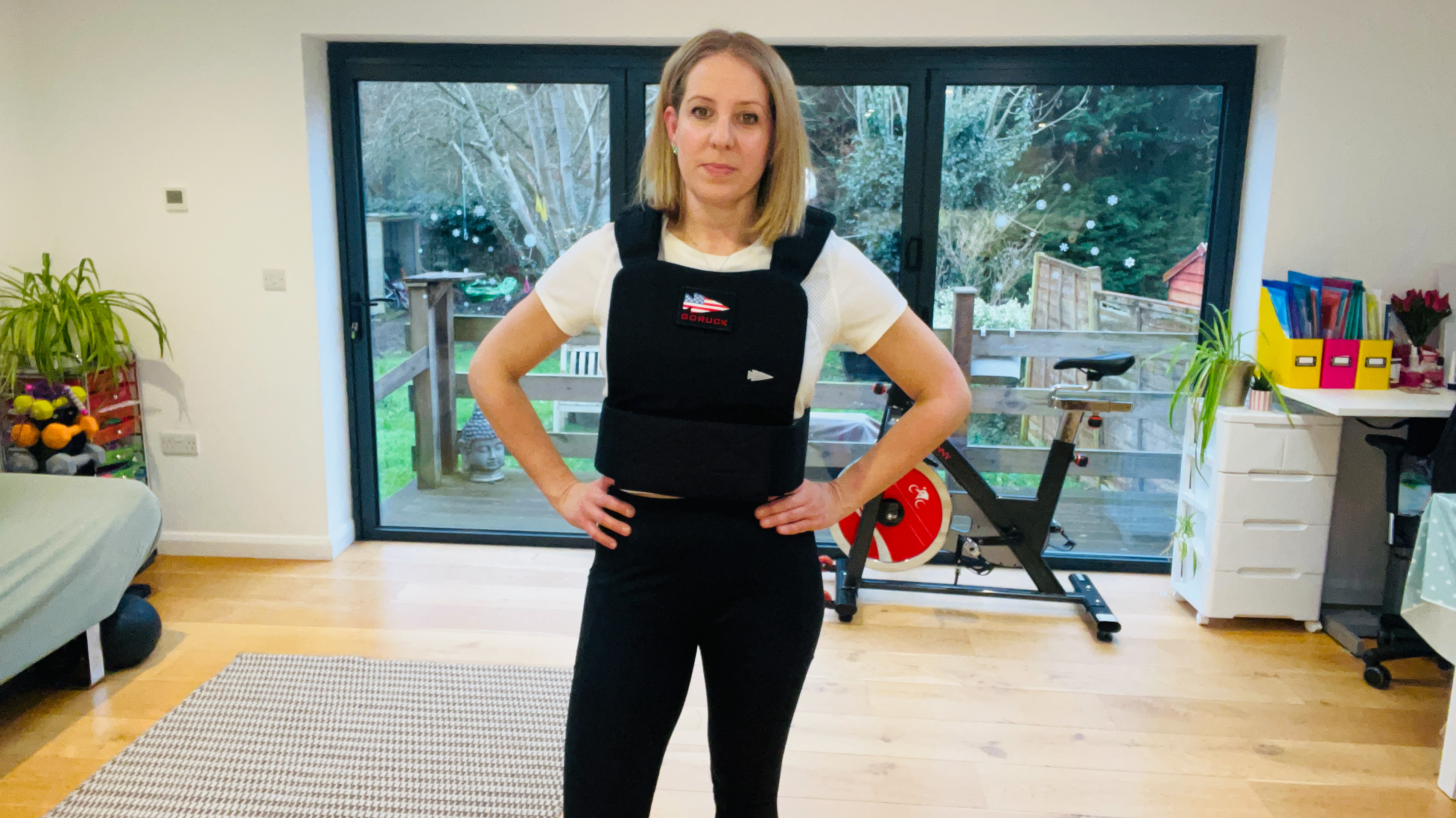 I’m a personal trainer and I tell all my clients to do this weighted workout to build muscle and bone health
I’m a personal trainer and I tell all my clients to do this weighted workout to build muscle and bone healthMake home training even more effective
By Maddy Biddulph Published
-
 I'm always stiff from sitting, so I tested out a 12-minute morning mobility routine to see if it could help
I'm always stiff from sitting, so I tested out a 12-minute morning mobility routine to see if it could helpThe short routine taught me a lot about my body
By Becks Shepherd Published
-
 Best vitamin D supplements
Best vitamin D supplementsBUYING GUIDE Take one of the best vitamin D supplements to give your mood a helping hand this winter
By Alice Ball Last updated
-
 Six high fiber foods you should be eating
Six high fiber foods you should be eatingEnjoy these high fiber foods for better digestion and a healthier heart
By Anna Gora Last updated
-
 Easy low carb diet plan to help you eat well
Easy low carb diet plan to help you eat wellNutrition Looking for a low carb diet plan? We asked a dietician to share everything you need to know
By Alice Porter Last updated
-
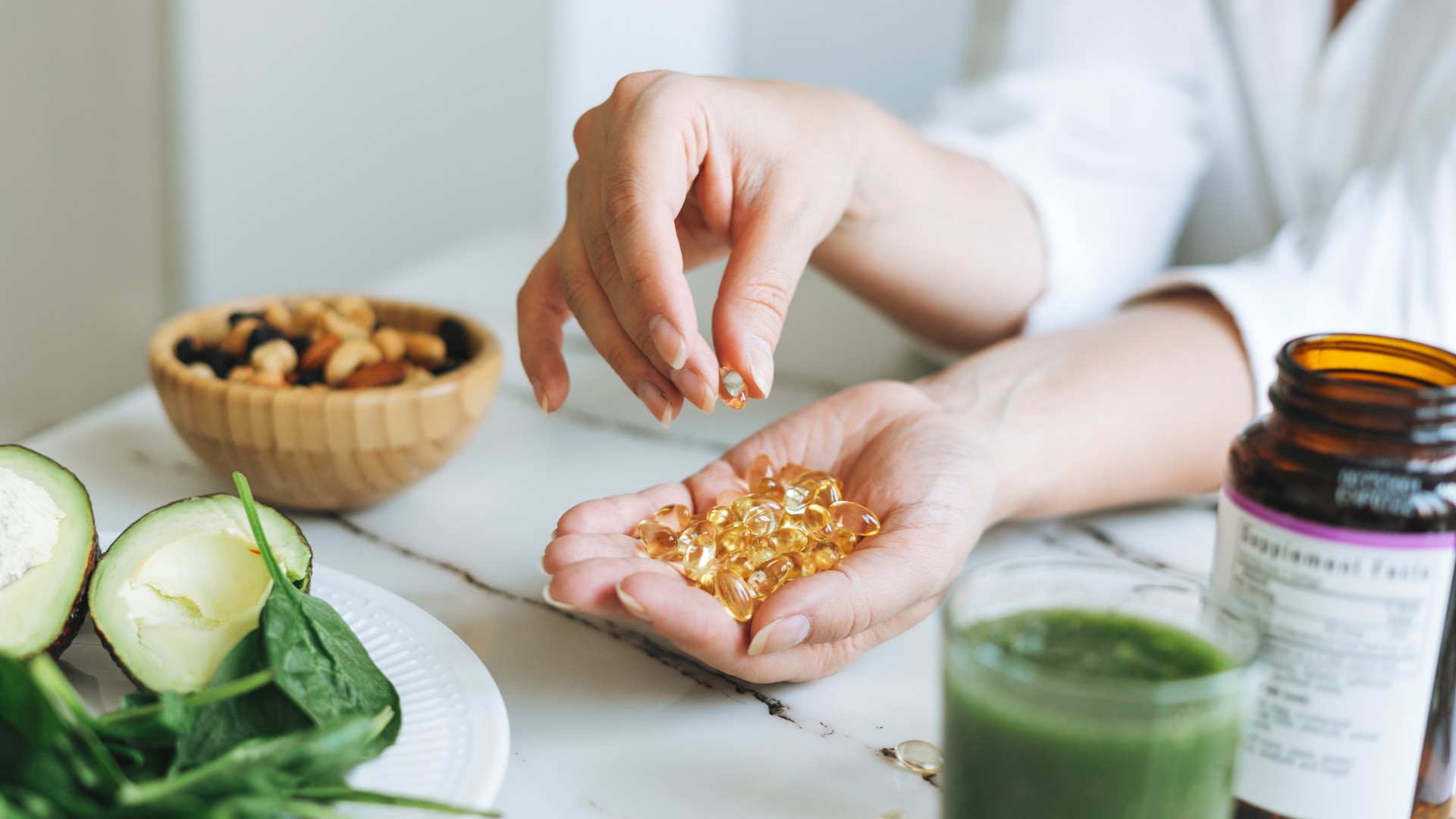 Do multivitamins work? Here’s what a nutritionist has to say
Do multivitamins work? Here’s what a nutritionist has to sayDo multivitamins work or is it better to take individual supplements? We find out which option is better and whether you need to supplement your diet at all
By Alice Porter Last updated
-
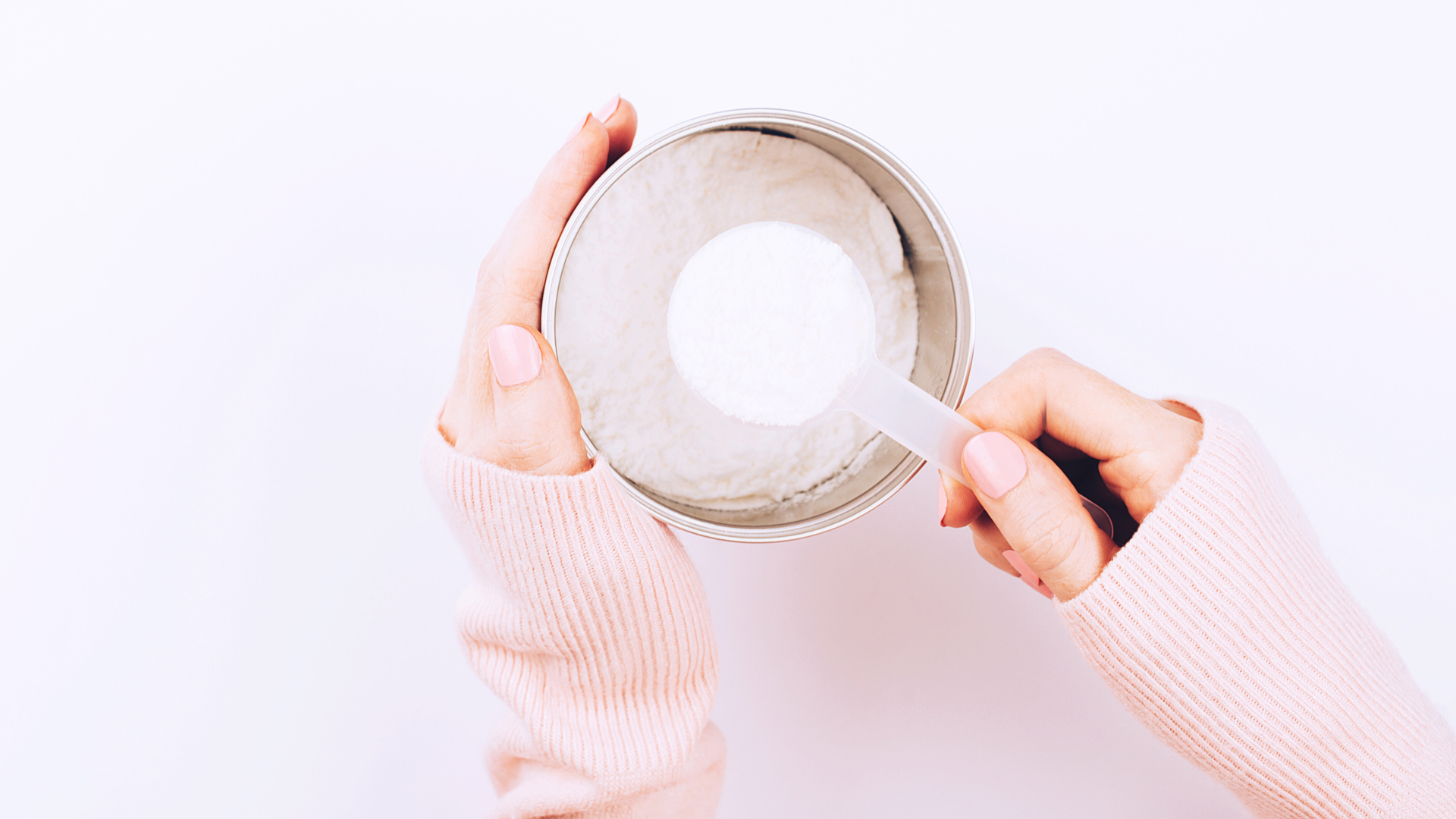 Collagen vs whey protein: what’s the difference?
Collagen vs whey protein: what’s the difference?Protein supplements are incredibly popular, but which type is best for your health? A dietician weighs up the pros and cons of collagen vs whey protein
By Alice Porter Published
-
 Foods for energy: what to eat to combat tiredness and fatigue
Foods for energy: what to eat to combat tiredness and fatigueFeeling tired? You may think that the only way to revive yourself is by going back to bed, but these foods for energy could help you feel full of life
By Alice Porter Published
-
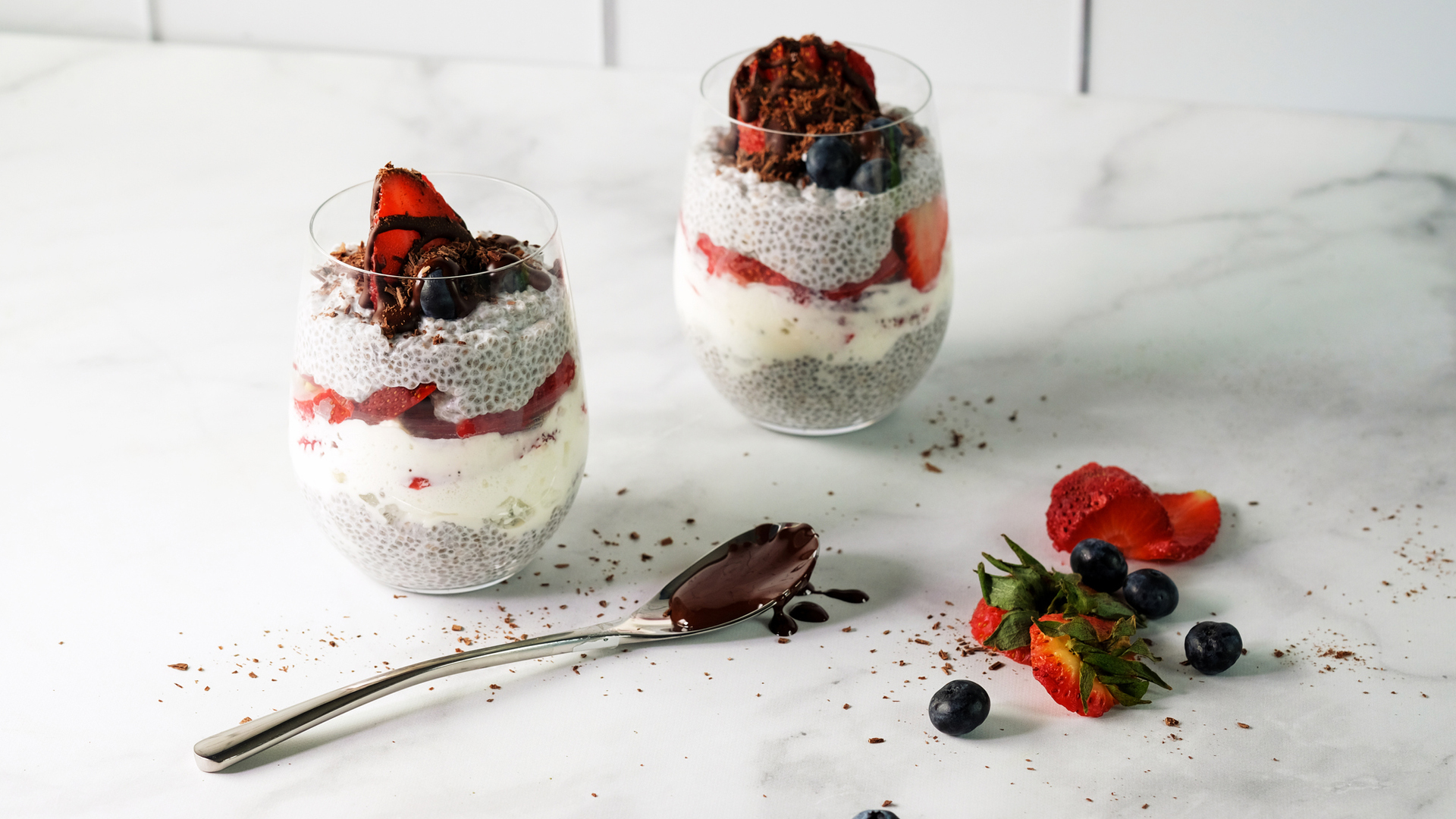 11 high protein desserts to satisfy your sweet tooth
11 high protein desserts to satisfy your sweet toothThese tasty high protein desserts will help to fill you up and build lean muscle
By Maddy Biddulph Last updated
-
 Which vitamins help anxiety?
Which vitamins help anxiety?Wondering which vitamins help anxiety? Here's everything you need to know
By Meg Walters Published